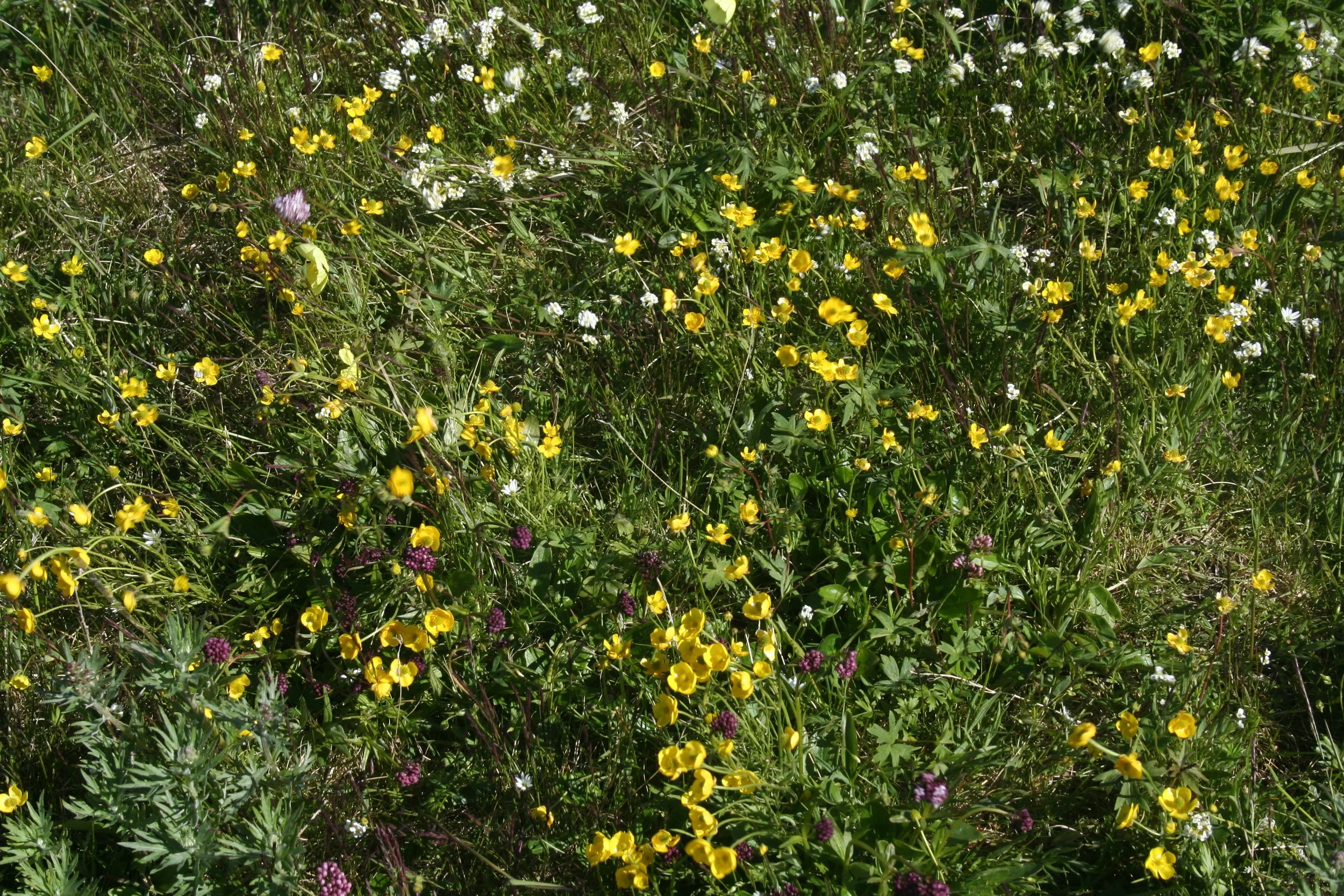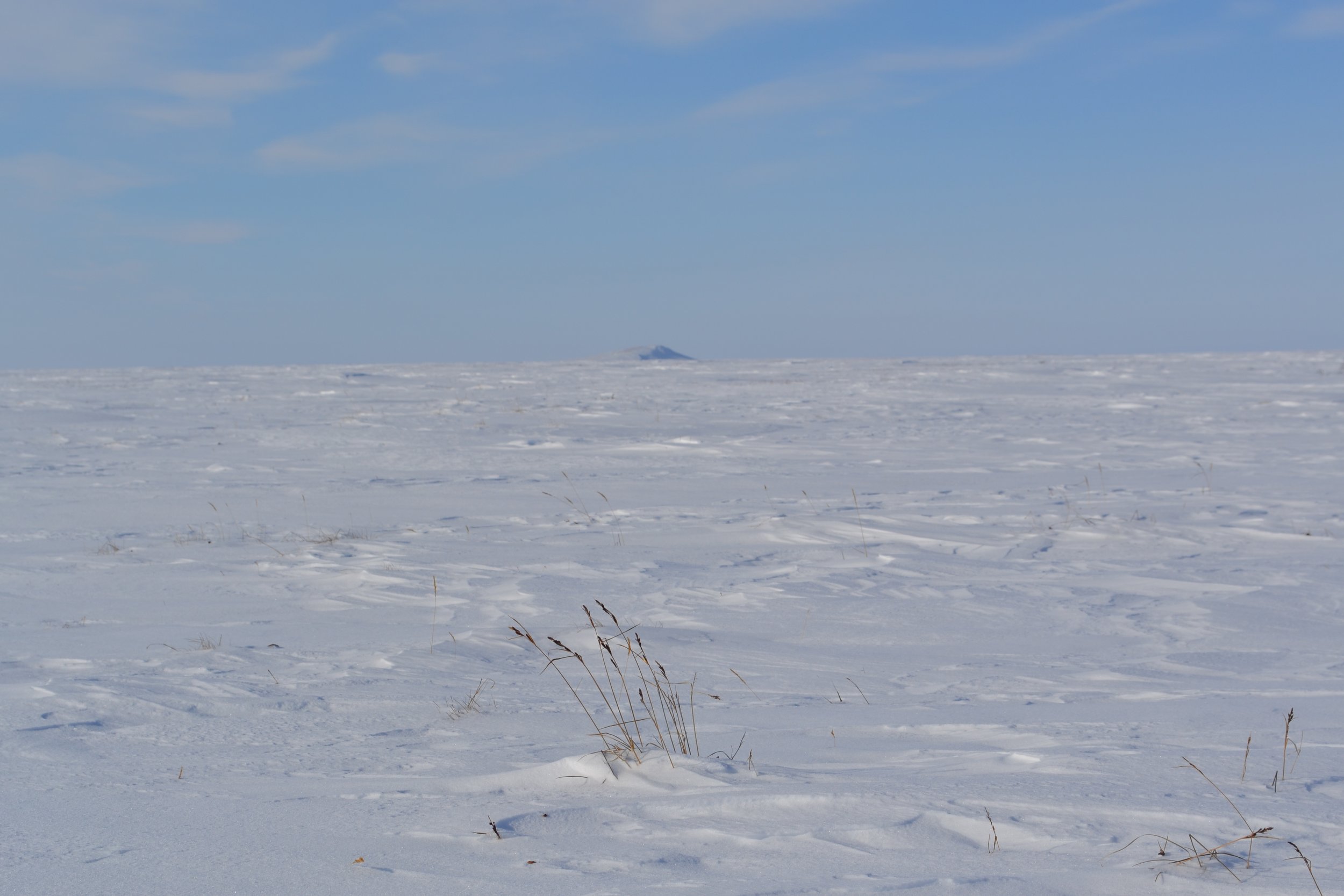Research topics
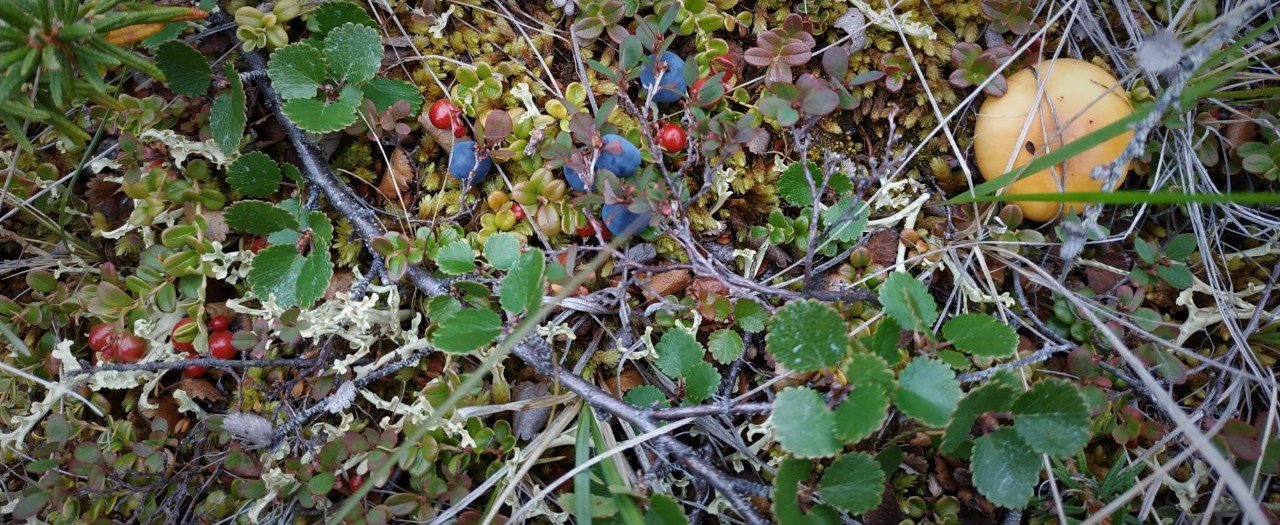
Biodiversity
Global change, including rapid warming, land use change and other industrial developments all have profound impacts on Arctic ecosystems. Documenting and understanding of the mechanisms behind changes in Arctic biodiversity are critical for successful conservation efforts and predicting feedbacks on the global system.
-
Arctic Vegetation Archive
-
Species richness modelling across Western Siberia
-
Arctic century - vegetation of Polar deserts
-
Succession on fire scars in Yakutia
-
Rainfall experiment and vegetation change
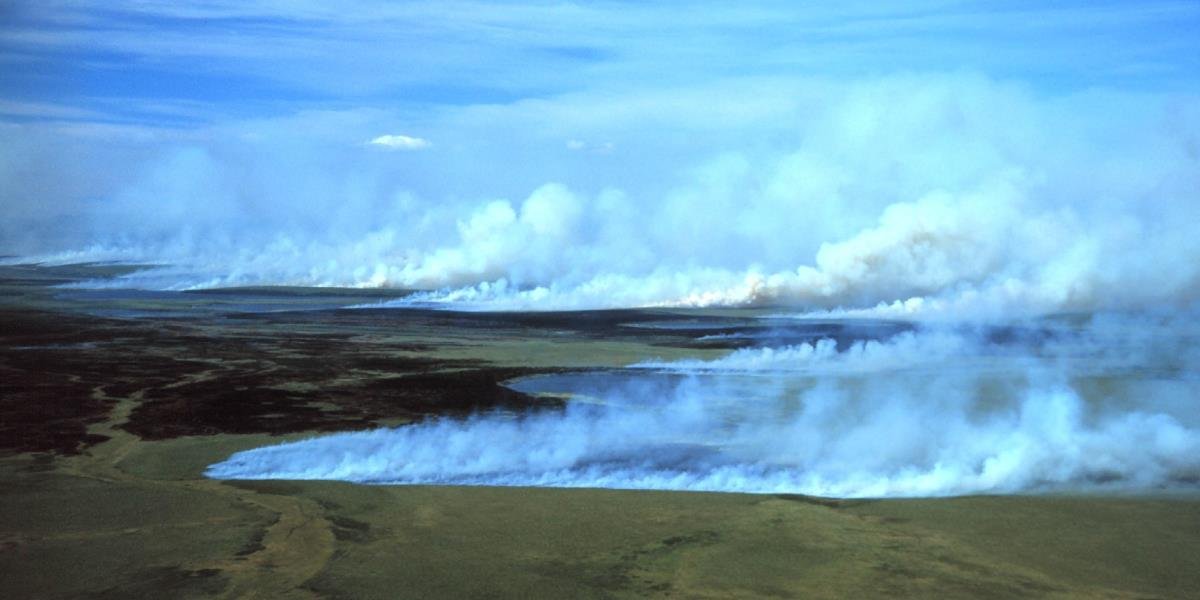
Arctic system dynamics
Importance of Arctic vegetation in Arctic warming.
Arctic water, carbon and energy cycles related to land-atmosphere interactions.
Recent record-breaking Arctic fire activity.
Fire’s role in carbon-climate feedback.
Climate tipping point: Boreal ecosystem shift, Permafrost thawing.
Ongoing projects
How Arctic energy fluxes changes under greenhouse gas warming? (Project name)
Dry lightning-driven ignitions and future projection on Arctic fire activity
Improvement of Arctic fire simulation in Earth system model (ESM)
Quantification of Arctic fire-climate feedback/Post-fire land cover change and its impact on the land-atmosphere interactions (MODIS)
Arctic climate extremes under geoengineering scenarios
Albedo change
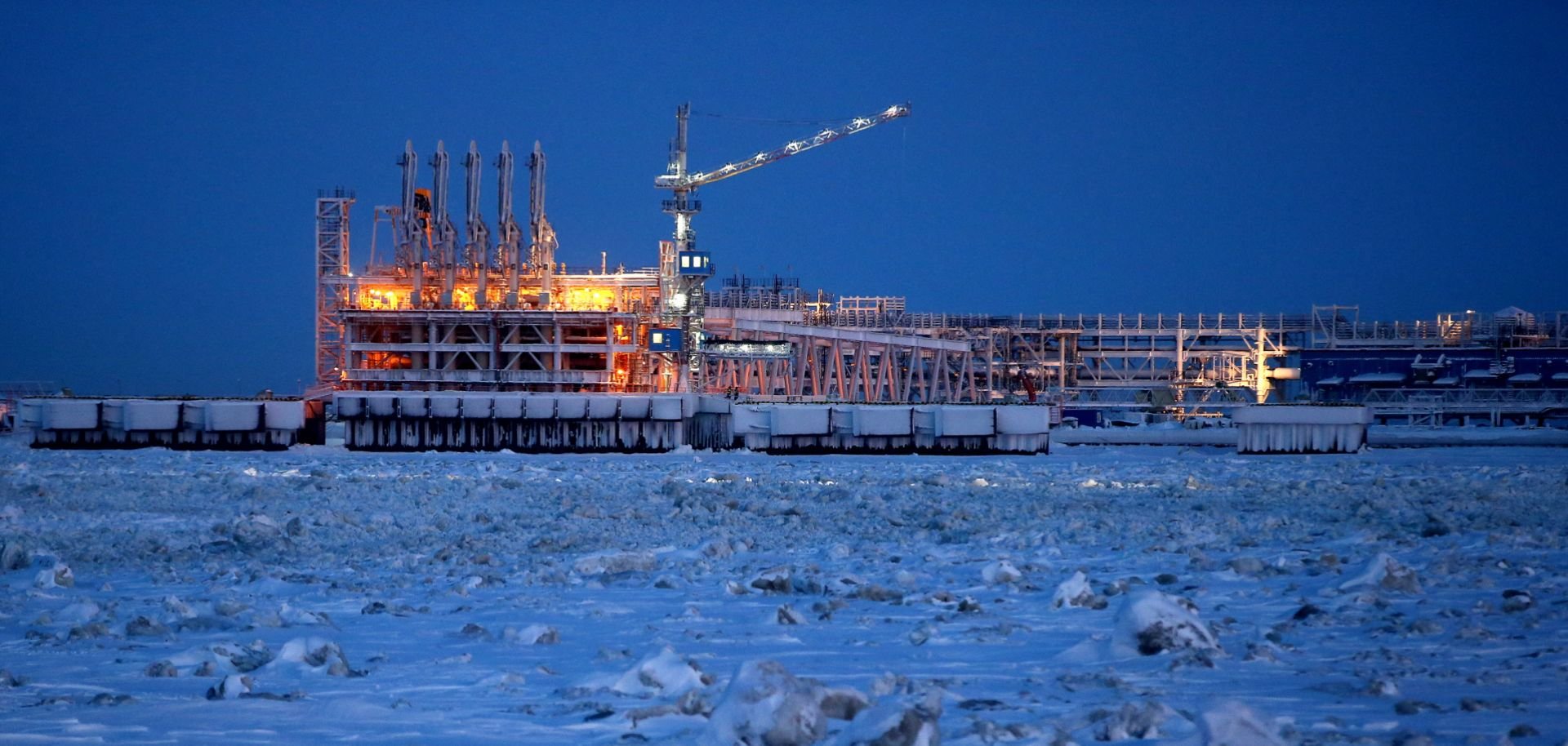
Human activity
How can we monitor human activity and its impacts on Arctic ecosystems to provide stakeholders with scientific evidence and frameworks they need to make informed decisions?
The Arctic ecosystems are very fragile and are experiencing rapid change. Knowledge about human activity and its impacts is needed to allow for planning of conservations measures and ensuring that the interests of the different stakeholders, including industry and indigenous people, can be met.
-
Night lights and industrial activity across the Arctic
Description goes here -

Geoengineering
Description goes here
